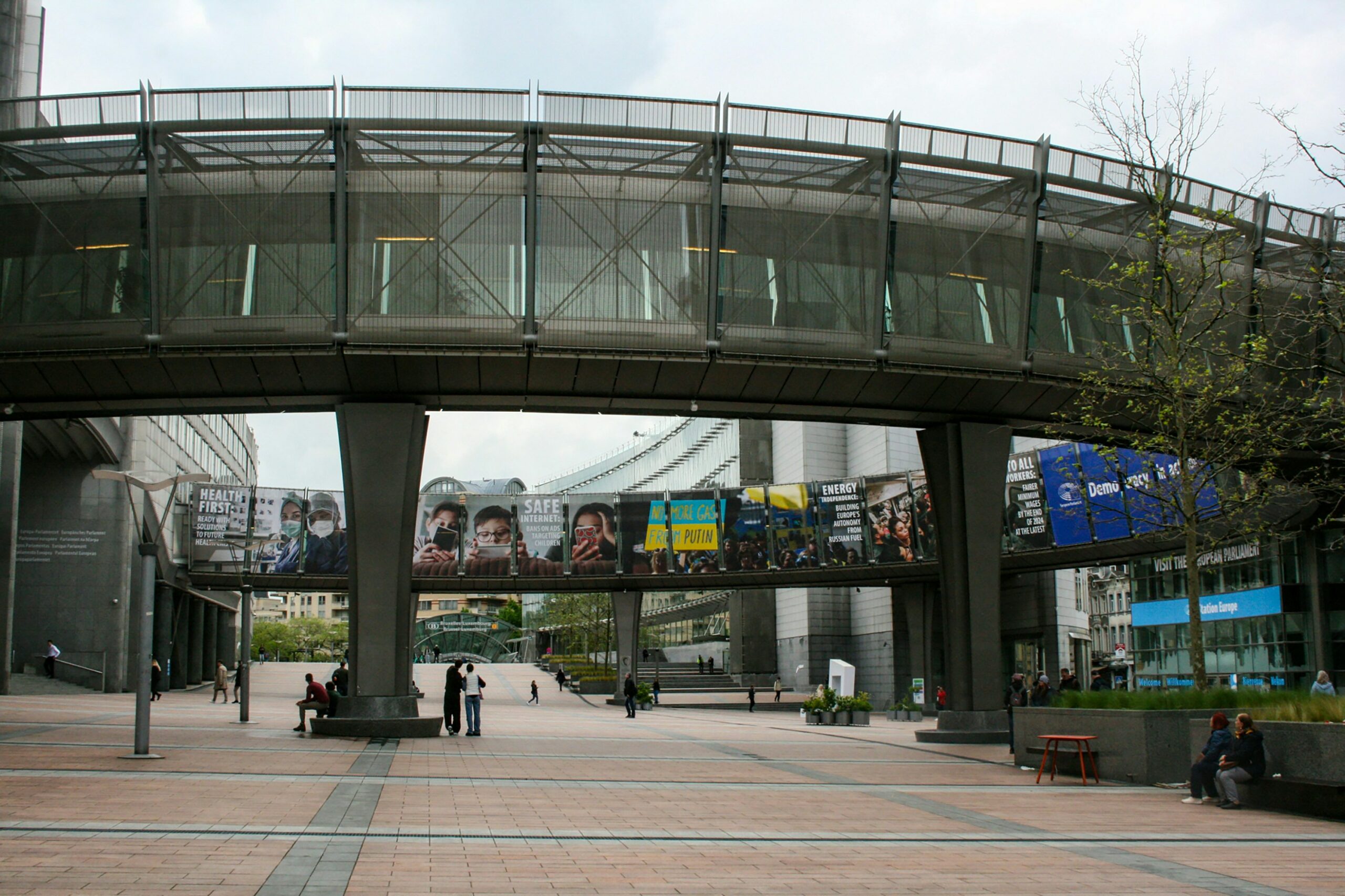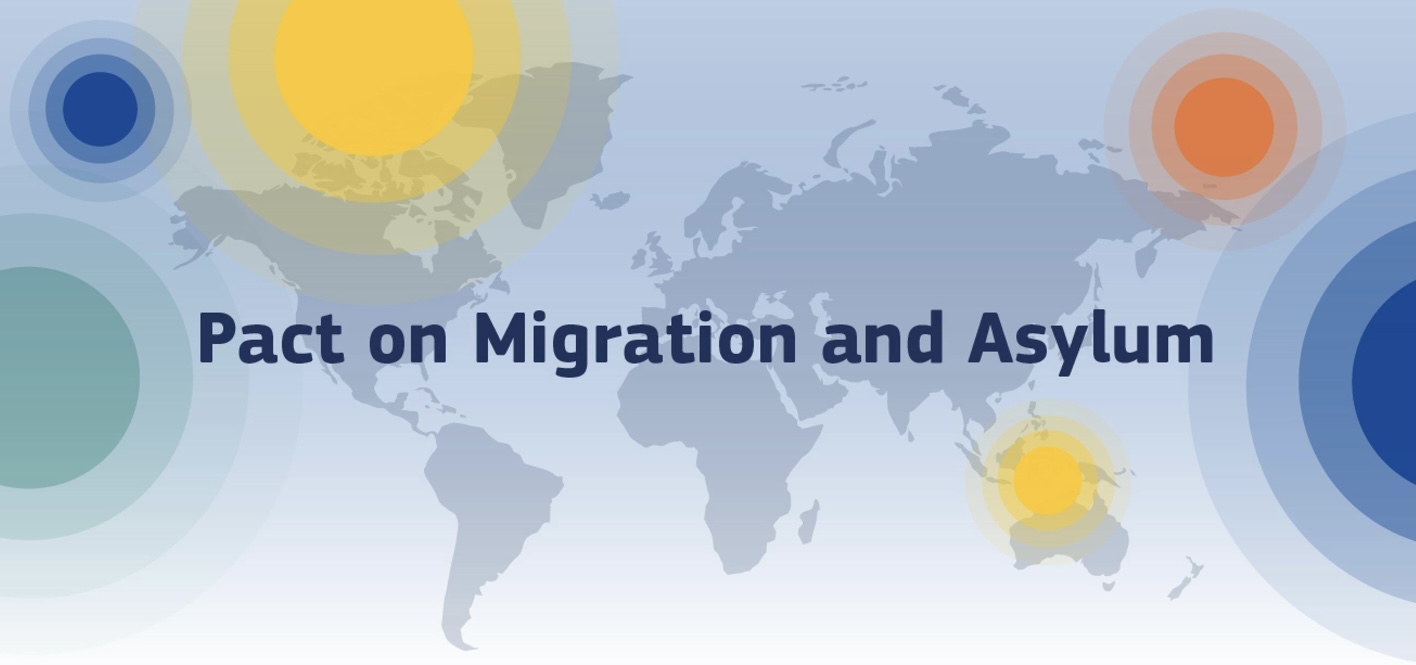Giammarco Frattoli
As proved by the series of articles dedicated to the path ahead the 2024 European Parliament elections, there is a wide variety of aspects to consider while analysing the last elections turnout and the levels of democratic participation in general. Therefore, this last article aims to highlight the main European strategies and programmes that are being implemented or developed to foster youth participation and active citizenship.
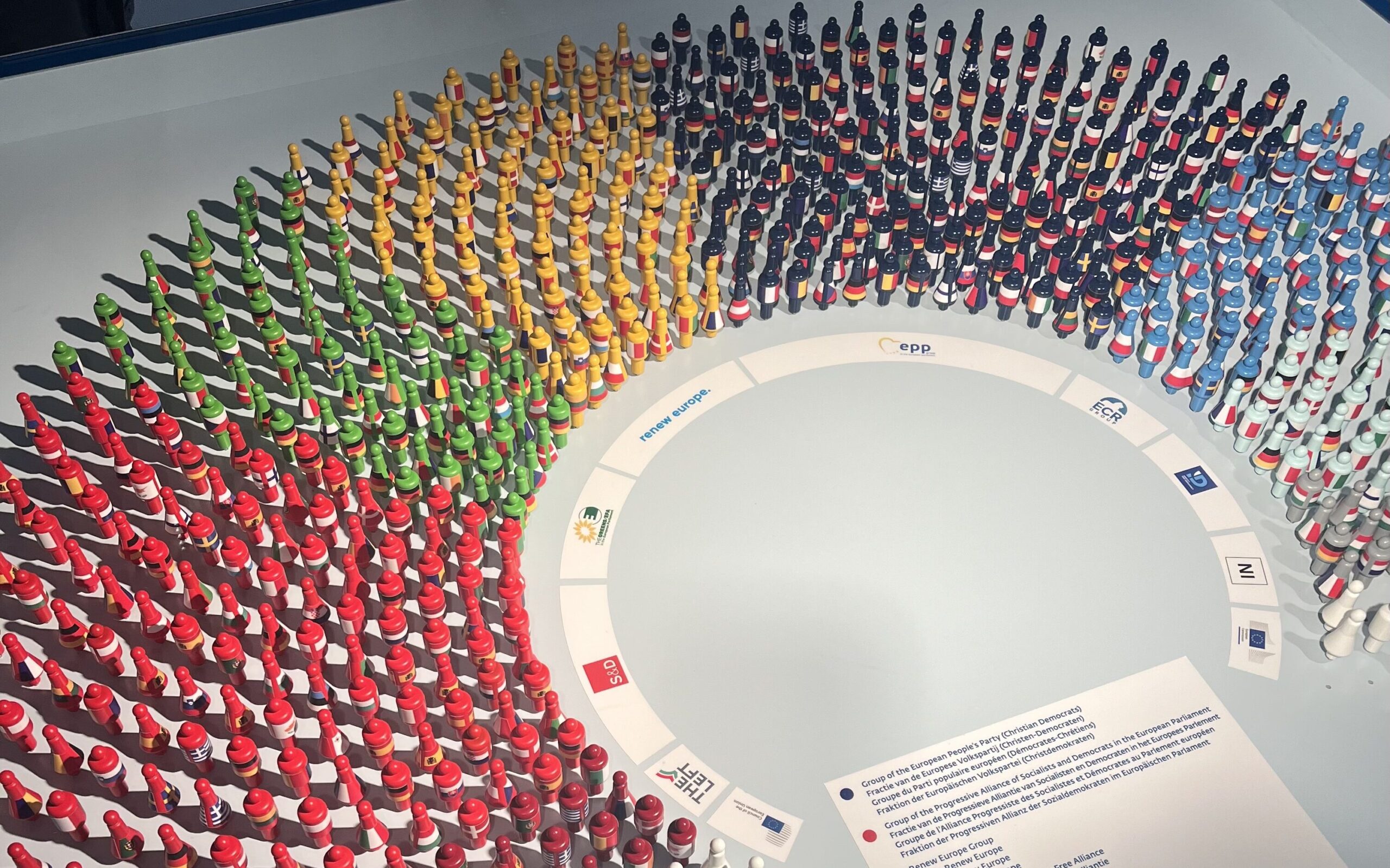
Framework and strategies
«Youth participation in democratic life is about individual young people and groups of young people having the right, the means, the space, the opportunity and, where necessary, the support to freely express their views, contribute to and influence societal decision making on matters affecting them, and be active within the democratic and civic life of our communities».
This is the definition of youth participation proposed in the Youth Participation Strategy by the SALTO-YOUTH network of Resource Centres to implement the goals of the “EU Youth Strategy 2019-2027”.[1] This long-term strategy resulted from the collection of young people’s voices during the 6th cycle of the EU Youth Dialogue that took place between 2017 and 2018.[2]. The EU Youth Strategy focuses on three core areas of action based on the terms Engage, Empower and Connect, and it places youth participation right at forefront of EU policy with the definition of 11 Youth Goals.[3] Among these, The European Commission stresses the importance of fostering social inclusion of all young people as a priority of the strategy, especially of those with fewer opportunities like young migrants, to help them become «active citizens and actors of positive change».[4] The reason is that people from unstable and migrant backgrounds face more obstacles in adjusting to a new learning environment and in taking part into the civic and political life, as also shown by the previous article.[5]
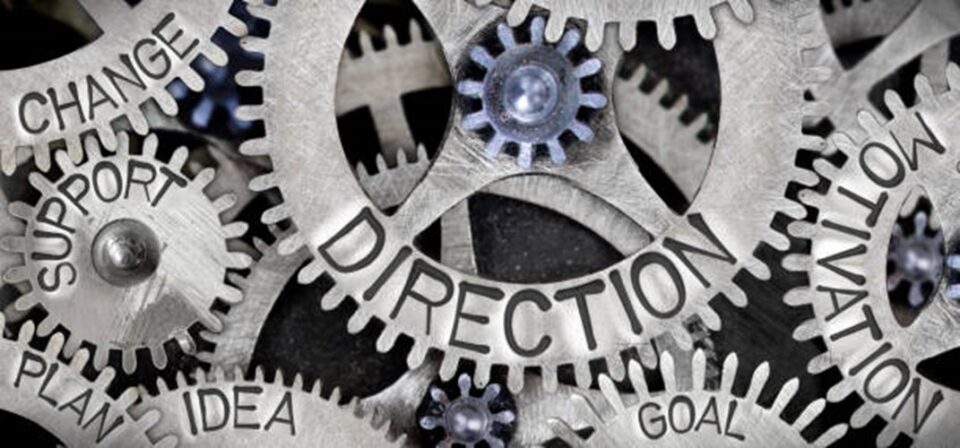
As the above-mentioned quote states, enhancing youth participation means allowing young citizens’ voices to influence how power is held or enacted in community spaces, educational institutions, on the street or within any kind of public and civic space.[6] The European Commission toolkit about the contribution of youth work in the context of migration addresses this issue, encouraging institutions to set up public debates with young migrants, especially when policies that affect them as migrants, but also as young people, are being discussed.[7]
Moreover, a valuable scheme that meets these needs is the “Consulting EUTH” project co-financed by the European Commission AMIF programme. Indeed, this project aims to support the creation of consultative bodies of young migrants at local and EU level to involve them more in political dynamics and enable them to co-design policies along with public authorities.[8]
Keep the focus
To conclude, the series of articles dedicated to the path ahead the 2024 European Parliament elections aimed to stimulate reasoning about creating new ways to enhance democratic and political participation, both at national and European level. As shown, various ongoing programmes and initiatives are actively following these goals and the EU Youth Strategy 2019-2027 tries to guarantee a long-term vision. However, the main lesson to keep in mind when talking about elections and political involvement is that all voices count. Therefore, to create a more participating society, young citizens and young migrants must not only be included in the strategies but rather put at the core of EU’s policy discussion and implementation, since they are the future European leaders.
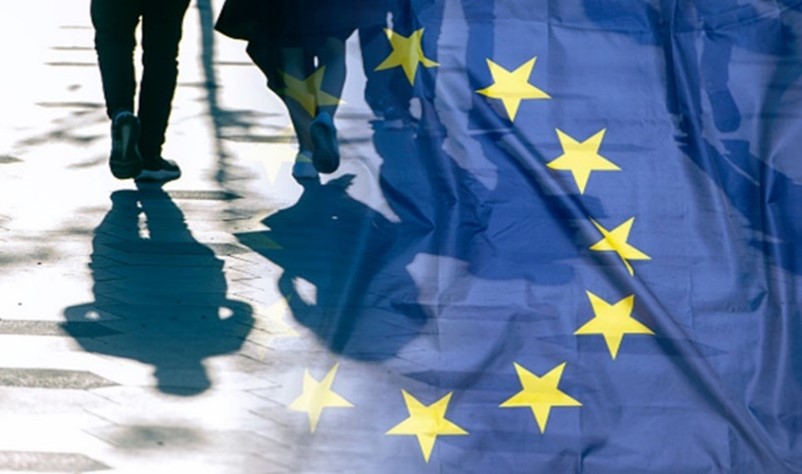
[1] Youth Participation Strategy, published by SALTO Participation & Information Resource Center, c/o Estonian NA for Erasmus+ and European Solidarity Corps,Tallinn 2020, Estonia, https://participationpool.eu/resource/youth-participation-strategy/.
[2] https://youth.europa.eu/strategy_en.
[3] Ibidem.
[4] https://ec.europa.eu/commission/presscorner/detail/en/IP_21_5226.
[5] https://youth.europa.eu/get-involved/your-rights-and-inclusion/situation-migrants-and-refugees-europe_it.
[6] Youth Participation Strategy, published by SALTO Participation & Information Resource Center, c/o Estonian NA for Erasmus+ and European Solidarity Corps,Tallinn 2020, Estonia, https://participationpool.eu/resource/youth-participation-strategy/.
[7] European Commission, Directorate-General for Education, Youth, Sport and Culture, The contribution of youth work in the context of migration and refugee matters: a practical toolbox for youth workers and recommendations for policymakers: results of the expert group set up under the European Union work plan for youth for 2016-2018, Publications Office, 2019, https://data.europa.eu/doi/10.2766/989360.
[8] https://consultingeuthproject.eu/project/.

